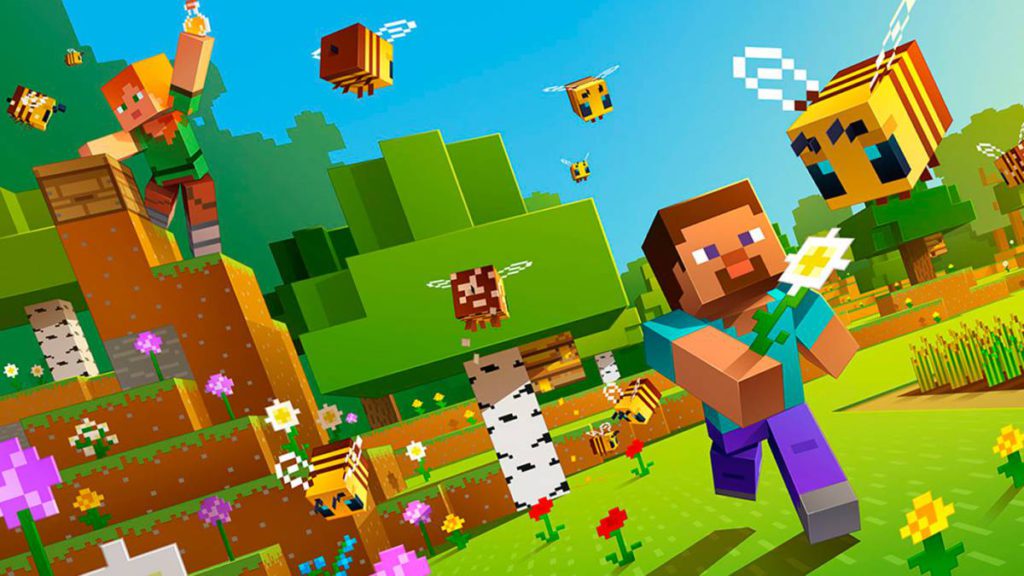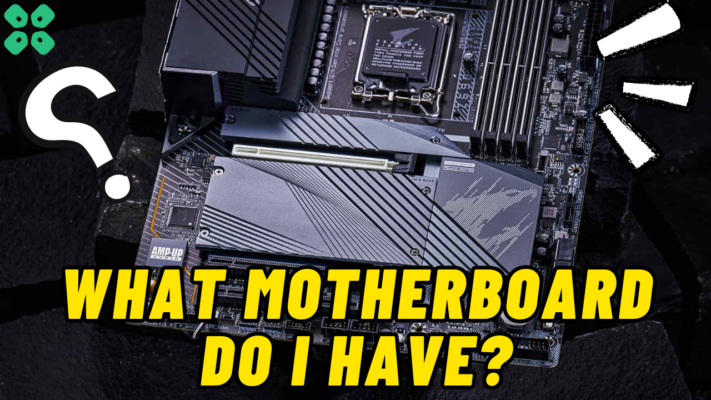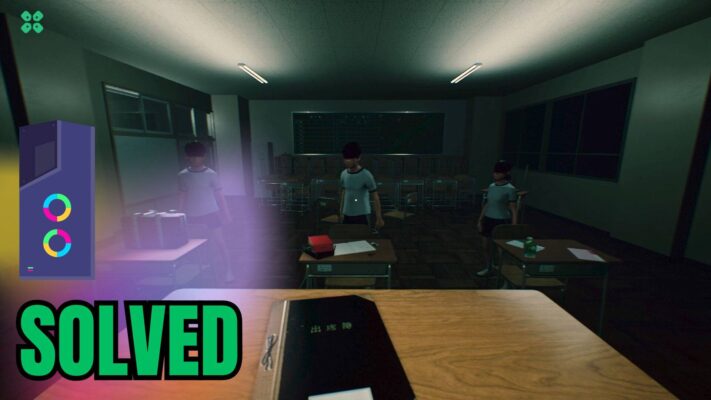Are all computer games bad? Do they harm children’s psyche and impair their ability to learn? Let’s take all the pros and cons of video games into account. It appears that they can be suitable for your children.
There are two types of computer games – educational and entertainment.
Disruptive or Action-games – shooters (from the English. shoot – shooting), platform games (from the English. platform game – game, where the character jump to different platforms), and fighting games (from the English – fight, fight). These games require reactions and coordination of arms and eyes. So many researchers are trying to understand why these games can be helpful.
Also Read: Top 10 Nintendo Switch Games for Kids

People interested in action games demonstrate high moral sensitivity and spacious orientation. In their work “Exercising your brain,” professors of the University of Geneva S. Laurin and D. Bavalier write about it. These games also develop the ability to switch between tasks, identify different objects, and focus for a long time on one thing. In tests on the ability to concentrate on other factors, children who had previously played a dynamic shooter showed better results than children who had not played. Of course, video games can’t assist with statistics homework help or any other assignment, as they also can’t be the knowledge control.
However, it is essential to understand that education doesn’t mean only academic performance.
In video games, the pressure – speed or complexity – increases gradually. Thus, learning becomes individualized, and everyone plays within their capabilities.
Also, action games require constant adaptation because new environments, tasks, and requirements arise at higher levels. This forms the habit of “learning to learn” since the player has to adapt to new things independently.

A misconception is the idea that video games make children more discreet and aggressive. On the contrary, it can distract from painful memories and negative emotions and reduce anxiety. Also, if your child is afraid of the dentist, ask her to play her favorite game before the session.
Another positive effect of action games is planning skills. To play successfully, you must learn to predict the consequences of your actions and think strategically. And if the game is dynamic, decisions have to be taken very quickly. All these skills work in the virtual world and are transferred to real life.
German scientists S. Kuhn, T. Gleich, U. Lindenberger, R. Lorentz, and J. Galinat conducted a study on the influence of the game “Super Mario” on the brain. A group of young people played every day for 30 minutes for two months. At the end of the program, they found an increase in the intensity of gray matter in areas of the brain associated with brain function, strategic planning, memory, and manual functions.
Educational games: what do they train? Although the RPGs were not designed to improve training skills, they happen to be 3 times more effective than educational games. Educational computer games, as a rule, are intended for the development of specific skills—for example:
- Learning letters
- Certain mathematical activities, or
- Result of working memory.
As well as actions, educational games require constant adaptation. British scientists D. Holmes, S. Get call, and D. Dunning conducted a follow-up study on a group of children with poor working memory. The training with the help of computer games led to significant improvements. Although its primary goal was to adapt the tasks to the skills of each student, most children have developed a level of working memory appropriate to their age.

Also, while playing educational games, you can witness the effect of transferring skills to the teaching process. After the games for memory development, children’s mathematical tasks and reading levels improve.
Although educational games for many indicators come gameful, they have an essential advantage. Among the educational games are those that help improve children’s academic skills with disabilities. For example, many U.S. schools actively use games in the classroom to develop memory skills in children with Attention Deficit Hyperactivity Disorder (ADHD). There is also reading fun for children with dyslexia and the development of auditory attention in children with impaired speech.
Don’t let the spitefulness
Often there is an adverse reaction from the older generation to children’s interest in video games. But older people often perceive the new technologies used by young people as something terrible. In particular, reading books is considered a positive motivation, even though it is not social. It is entirely possible, hundreds of years ago young people also said that spending a lot of time with books is not suitable for them. If we compare reading and computer games, the latter is more social, although the interaction takes place at a distance.
Vigilant and sometimes nature of computer games makes them a powerful tool for learning. That is why it is so essential to understand their effect. But parents need to remember that there are also harmful games, apart from the brown. And the most significant disadvantage of computer games – is slavery. It is essential to teach your child to allocate time appropriately and not forget parental control.







